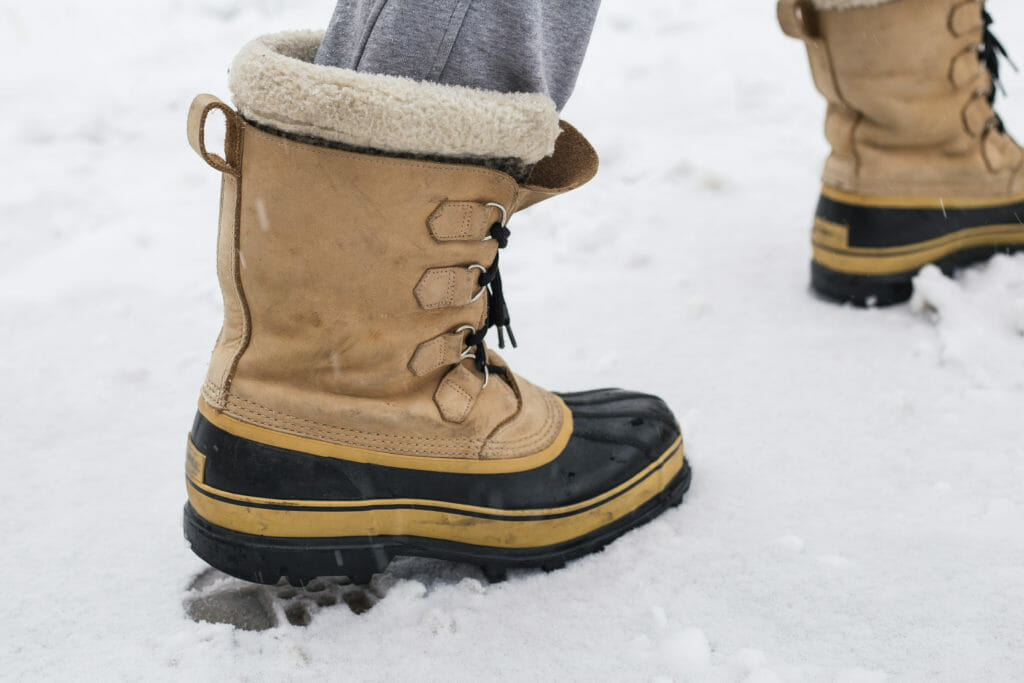Keeping your family safe during the harsh winter months includes making sure your home has ample heat, making sure windows and doors are properly sealed, and proper ice and snow removal outside of your home.
Your driveway accumulates snow and ice just like the rest of your home’s exterior, and it’s important to take effective safety precautions before winter storms in order to keep your concrete in good condition.
Protect Your Driveway
Ice and snow on your driveway makes for dangerous conditions to walk or drive on. Shoveling snow as it falls is sometimes practical, but ice is a bit more difficult to deal with. Freezing rain and melted snow can create a thick layer of ice on your driveway, and if temperatures are not increasing anytime soon, that ice can stay frozen on the surface for days at a time. That’s why preparation and treatment of your concrete is the best way to ensure both your family’s and your concrete’s safety during the bouts of harsh weather winter brings.
Say NO to Rock Salt
Many homeowners turn to rock salt as a way to melt away or keep ice from forming on their driveway, but it’s important to know that rock salt, also known as sodium chloride, is actually very harmful to concrete. Rock salt can be helpful in melting snow when the temperature is above 20°F, but in temperatures any lower than that, it’s known to cause re-freezing of the melted snow and ice.
Concrete is porous and absorbs the melt-off that the rock salt creates. When the temperature outside is below 20°F, this melt-off has a very high chance of re-freezing. Water that has sunk into the pores of the concrete will harden and expand as it freezes, causing chips and cracks in your driveway. Rock salt also contains the highest amount of chloride ions of any de-icer, which can dissolve in the water and end up polluting local water sources.
Rock salt can also be harmful to pets when they walk on it and then lick their paws. It can be poisonous to them if consumed regularly.
Safer Alternatives
Magnesium chloride is gaining in popularity when it comes to deicers. It can melt snow all the way down to about -13°F and releases nearly 50% less chloride ions than rock salt. There’s no guarantee that magnesium chloride, when used as a deicer, will never cause any damage to your concrete over time, but it is far less likely to damage your driveway than calcium or sodium chloride.
For more information about preparing your driveway for the winter, or to inquire about driveway paving in Maryland, contact the professionals at 1-855-GOT-PAVING today!




